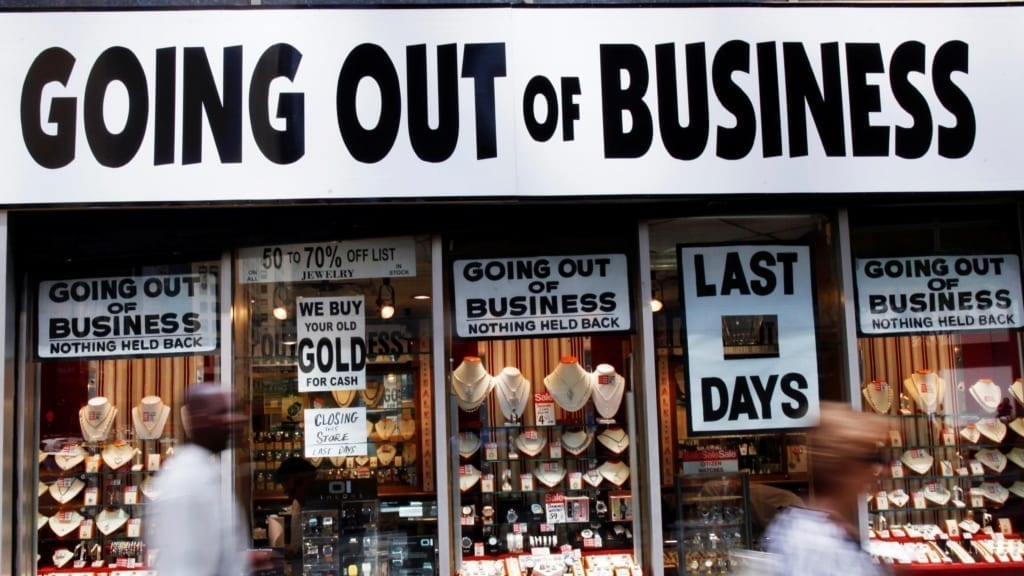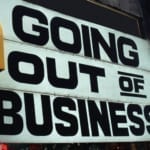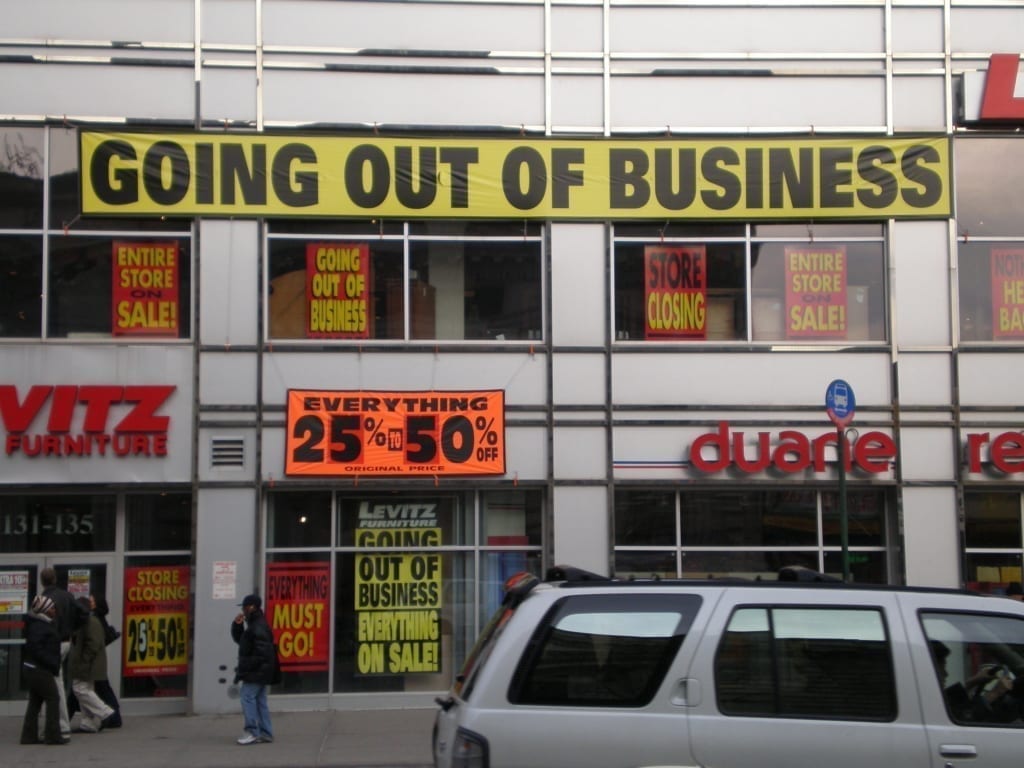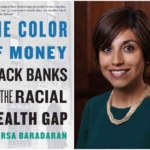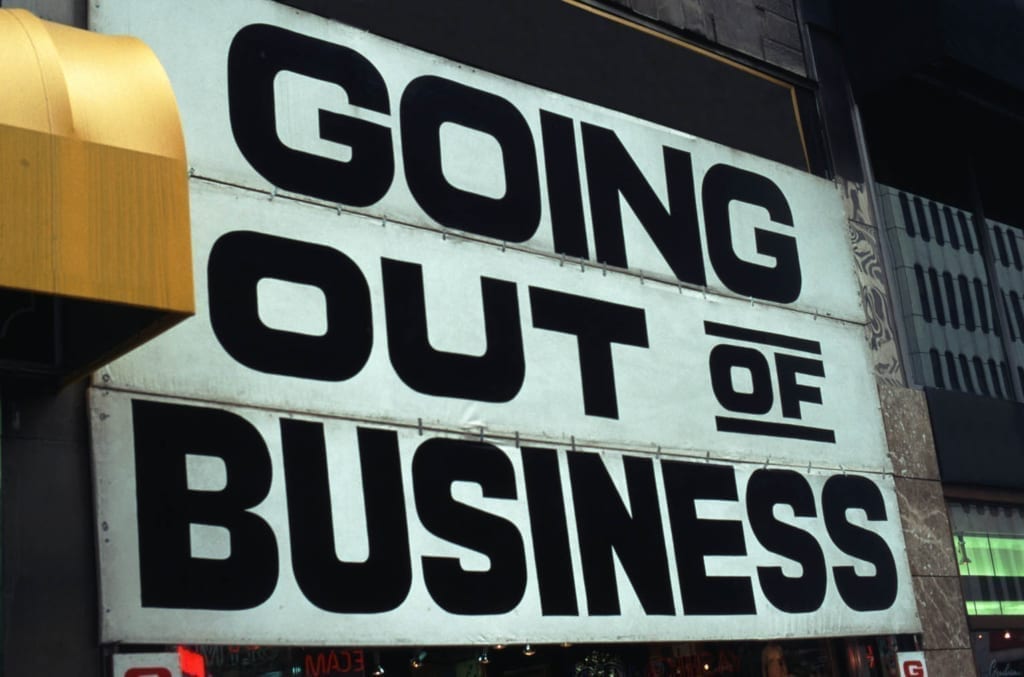In an unsophisticated and non-technological world, running a business is not rocket science. As I travel the so-called developing world, I see entrepreneurship thriving along streets and roadsides everywhere. All it takes is a spot to sell one’s wares, and business can boom. No special knowledge is required.
However, one entrepreneur’s success signals an opportunity, and other entrepreneurs join the fray soon. This competition, evolving sophistication, and modernization make it more and more difficult to be successful in business even in the developing world. Now consider starting a business in sophisticated and technologically advanced America where competition is robust.
Some entrepreneurs initiate a business because of their romantic image of being a business owner, or they start a business just to prove that they are capable of being an entrepreneur. However, before establishing a business they fail to study not only the science of business in general, but the science of business that is specifically related to the type of business that they seek to operate.
Starting a new business is surely not a case of “What you don’t know won’t hurt you.” It takes knowledge to start a new business, and one is well warranted in studying the science and art of business before setting out to achieve this goal.
What knowledges are basic prerequisites for business operation? Consider economics, accounting, finance, statistics, history, industrial organization, demography, psychology, information technology, logistics, and advertising.
It is not necessary that one have degrees in all of these fields, but a successful business operator must be knowledgeable in each field. In addition, entrepreneurs must be specialists in the goods and services that they produce and sell.
We all know that “knowledge is power,” and one will need all of the power that one can muster in order to be successful in business.
Contributed by Dr. Brooks Robinson
Founder of BlackEconomics.org

